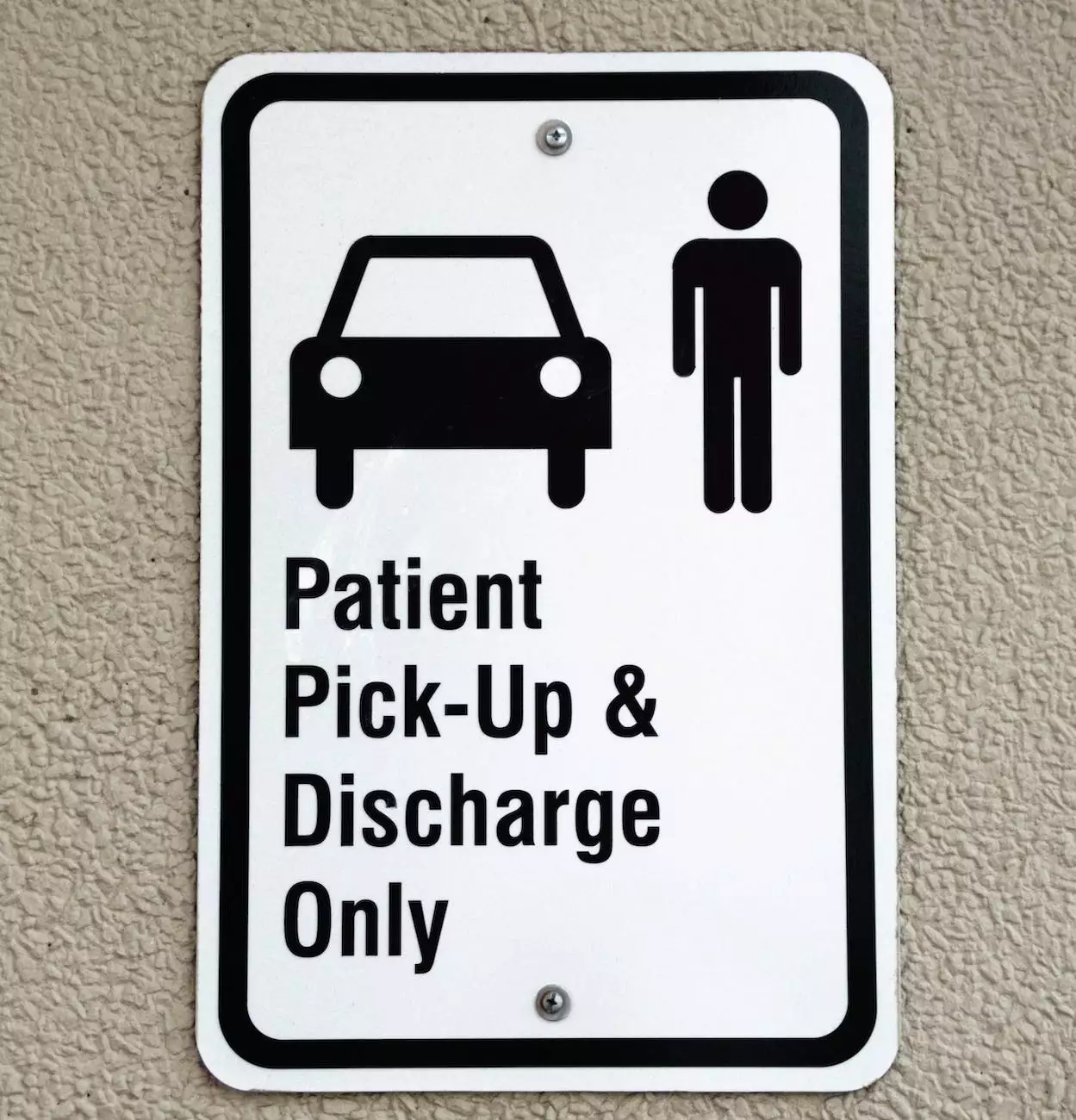Signs You're Suffering From Prostate Cancer
News & Events
Understanding Prostate Cancer
As the leading source for healthcare information and services in Puyallup, WA, Sibel Blau is committed to providing comprehensive resources on different health conditions. In this article, we aim to shed light on the signs and symptoms associated with prostate cancer, an increasingly common health concern among men worldwide.
What is Prostate Cancer?
Prostate cancer is a type of cancer that develops in the prostate gland, a walnut-sized organ located between the bladder and the penis. It primarily affects men, especially those who are older than 50 years. Prostate cancer develops when abnormal cells within the prostate gland multiply and form a tumor.
Signs and Symptoms of Prostate Cancer
Recognizing the signs and symptoms of prostate cancer is crucial for early detection and effective treatment. While the disease can initially be asymptomatic, here are the common indicators men should be aware of:
1. Urinary Changes
Prostate cancer can cause various urinary changes, including:
- Increased frequency of urination, particularly during nighttime
- Difficulty initiating and maintaining a steady stream of urine
- Weakened urine flow or interrupted flow
- Pain or burning sensation during urination
- Blood in urine or semen
2. Sexual Dysfunction
Prostate cancer may lead to sexual dysfunction, causing:
- Erectile dysfunction (difficulty achieving or maintaining an erection)
- Painful ejaculation
- Decreased sexual desire
3. Pain and Discomfort
Men with prostate cancer may experience pain and discomfort in the following areas:
- Lower back
- Hips, pelvis, or thighs
- Rectal area
4. Fatigue and Weight Loss
Advanced stages of prostate cancer can lead to fatigue and unexplained weight loss. If you find yourself feeling constantly tired or experiencing significant weight loss without any apparent cause, it's essential to consult a healthcare professional.
5. Bone Pain and Fractures
When prostate cancer spreads to the bones, it can cause severe pain and increase the risk of fractures. Bone pain, especially in the spine, hips, or ribs, should never be ignored and requires immediate evaluation.
Diagnosis and Treatment Options
If you're experiencing any of the aforementioned symptoms or are concerned about prostate cancer, it's crucial to seek medical attention promptly. Your healthcare provider will perform a series of tests to diagnose prostate cancer accurately. These tests may include:
1. Digital Rectal Exam (DRE)
A DRE involves a physical examination of the prostate gland to detect any abnormalities. Your doctor will insert a lubricated, gloved finger into the rectum to assess the size, shape, and texture of the prostate.
2. Prostate-Specific Antigen (PSA) Blood Test
A PSA blood test measures the level of PSA in the bloodstream. Elevated PSA levels may indicate prostate cancer, but further testing is necessary to confirm the diagnosis.
3. Biopsy
A prostate biopsy is the definitive method for confirming the presence of prostate cancer cells. During this procedure, tiny samples of prostate tissue are collected and examined under a microscope.
4. Additional Imaging and Staging Tests
To determine the stage and extent of the cancer, your doctor may request additional imaging tests, such as bone scans, CT scans, MRI scans, or PET scans.
Once a diagnosis is confirmed, your healthcare provider will discuss the available treatment options based on the stage, grade, and personal circumstances. The treatment approaches can include:
- Active surveillance (monitoring the cancer for any signs of progression)
- Radiation therapy
- Radical prostatectomy (surgical removal of the prostate gland)
- Hormone therapy
- Chemotherapy
Take Control of Your Health
Knowing the signs and symptoms of prostate cancer empowers you to take control of your health. It is essential to prioritize regular check-ups and open communication with your healthcare provider. Early detection is key to successful treatment and improved outcomes.
At Sibel Blau, we are dedicated to promoting health and well-being in Puyallup, WA. Our team of medical professionals is here to provide you with comprehensive information and support. If you have any concerns or questions regarding prostate cancer or any other health-related matters, do not hesitate to reach out to us.




